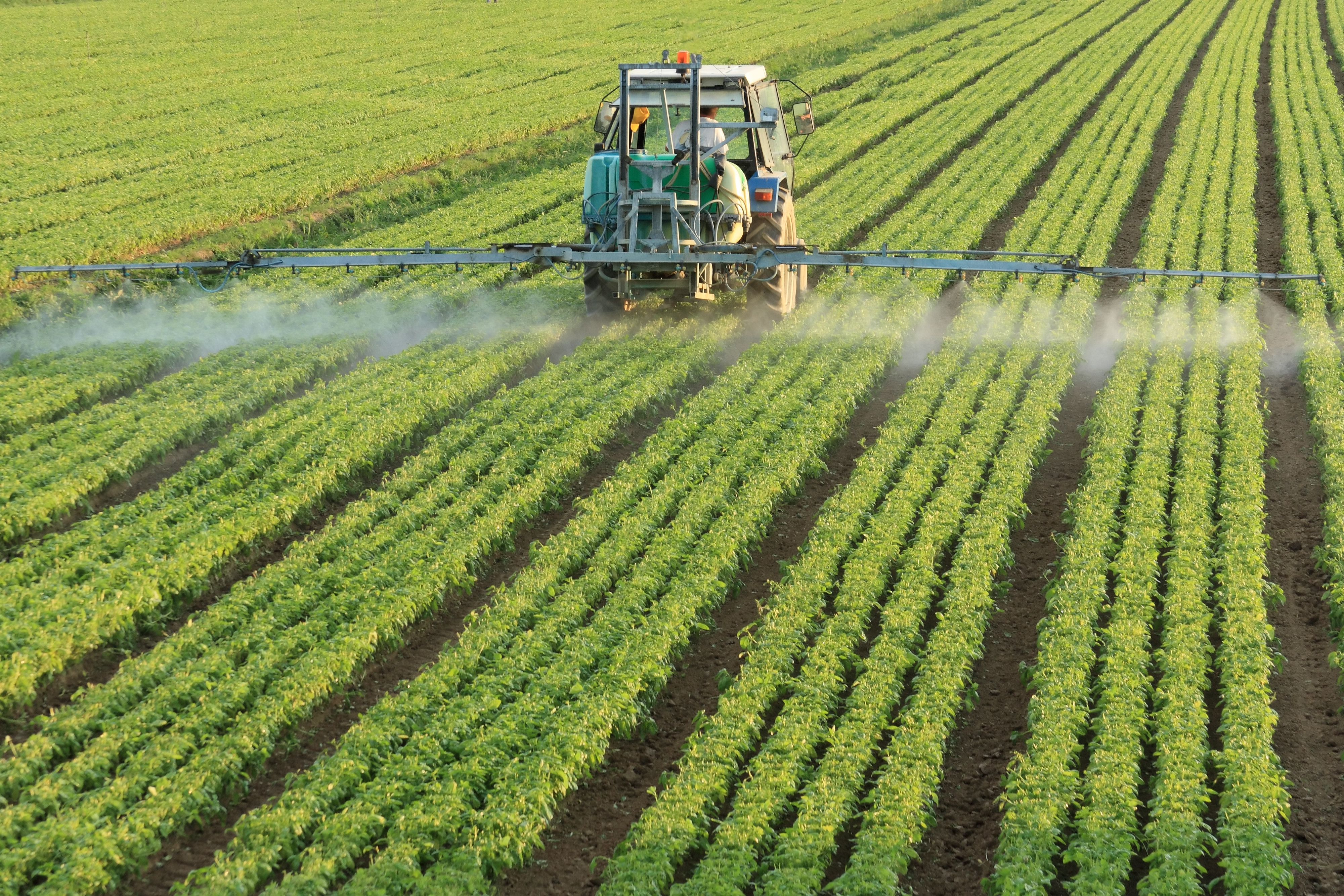The war in Ukraine and the new Common Agricultural Policy (CAP) which will come into force in 2023 are affecting the market for fertilizers and plant protection products, important inputs for agriculture in Spain and the European Union (EU).
The price of natural gas, the main raw material for nitrogen fertilisers, has risen tenfold in a year since the start of the conflict and the consequent sanctions against Russia, aggravating an earlier crisis.
This was explained to Efeagro by sources from the Spanish Association of Fertilizer Producers (Anffe), representative of an industry that is consuming a lot of electricity and which is also feeling the effects of the increase in the cost of electricity and other raw materials.
LACK OF EUROPEAN FERTILIZERS
High production costs have reduced the competitiveness of producers and their supply in the EU, with a negative impact on market supply and food safety.
The director general of the European association of employers in the sector (Fertilizers Europe), Jacob Hansen, points out that currently 30% of production plants in the EU remain closed and this has led to importing large volumes of fertilizers from third countries.
Just since the summer there has been a greater flow of urea exports from Russia, whose fertilizer industry is not subject to direct European sanctions, but encounters greater difficulties in operating due to the action of banks and private individuals.
“If the current crisis is not addressed in the near future, Europe risks replacing its dependence on Russian gas with a dependence on Russian fertilizers,” Hansen stresses.
The sector is asking for help from the EU and its member countries to compensate the damages and be able to restore all its production, ensuring a stable supply of natural gas and other raw materials at affordable prices, with a view to safeguarding the strategic autonomy and the Europe’s food security.
Furthermore, the new CAP represents a “new tightening on environmental requirements” that farmers must meet to receive aid, a strengthened conditionality that directly affects fertilisation, as lower fertilizer inputs and crop productivity are expected, according to Anffe.
Among the upcoming changes in Spain, the obligation to have a fertilization plan for certain crops is established, which will be contemplated in a draft decree on sustainable nutrition.
Industry is in favor of maximizing efficiency in the use of nutrients, key to achieving the environmental objectives of the European Green Deal, without losing sight of the need to obtain an adequate supply of food at affordable prices.
NEW RULES FOR PHYTOSANITARY
Sources from the Association of Plant Protection Businesses (Aepla), which represents the plant protection sector in Spain, argue that recording input usage data in the Digital Exploitation Notebook, included in the Spanish CAP enforcement plan, can be a “good tool” for integrated pest management or for the use of precision technologies.
While more specificity is needed on this aspect and on new eco-schemes – aids linked to environmental practices – employers see positively the development of conservation agriculture through direct seeding and the creation of green covers.
However, he believes that not being able to use herbicides for the management of roofs, unless expressly authorized by way of exception, “unnecessarily” eliminates a “safe” resource from an environmental point of view.
At the European level, the European Commission has proposed a 50% cut in the use of chemical pesticides by 2030, in one of its initiatives for the implementation of the Green Deal.
Aepla says that this proposal sets “complex and unrealistic reduction targets that will have a negative impact on European agriculture”, with restrictions that in Spain can affect up to 40% of utilized agricultural area.
The association calls for a regulatory environment that “facilitates and provides the necessary conditions for the development of new tools such as biosolutions”.
Regarding the impact of the war, he rules out problems with the supply of plant protection products, but notes a general increase in the cost of some products, which started in 2021 due to trade bottlenecks and rising transport and fuel prices .
In Spain, the phytosanitary market has a downward trend of 5% due to the severe drought and, consequently, the decrease in herbicide treatments and, above all, fungicides, according to Aepla.


